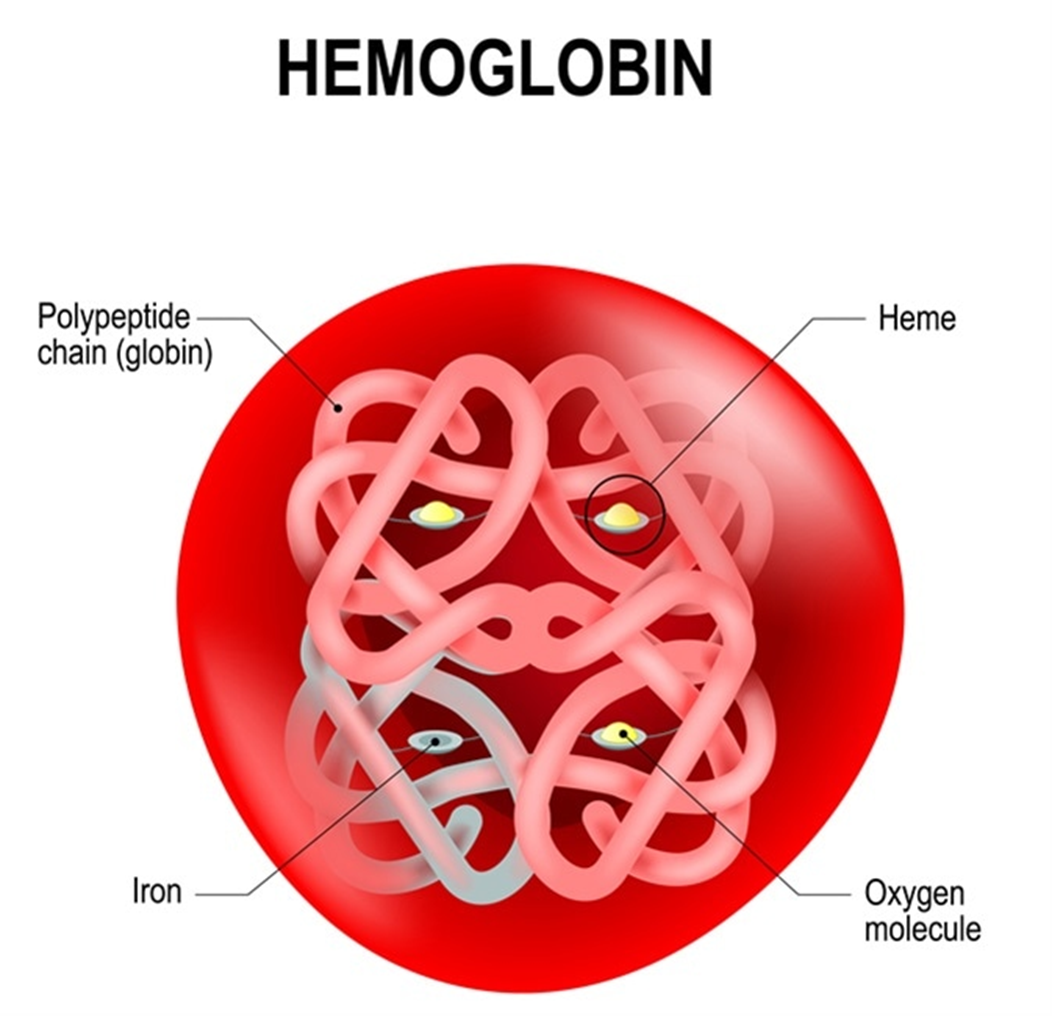Which laboratory results should the nurse closely monitor in a client who has end-stage renal disease (ESRD)?
Blood pressure, heart rate, and temperature.
Leukocytes, neutrophils, and thyroxine.
Serum potassium, calcium, and phosphorus.
Erythrocytes, hemoglobin, and hematocrit.
The Correct Answer is C
Choice A reason: Blood pressure, heart rate, and temperature are vital signs that should be monitored in any client, but they are not laboratory results. ESRD can cause hypertension and cardiovascular complications, so blood pressure and heart rate should be controlled with medications and lifestyle modifications. Temperature should be monitored for signs of infection or inflammation.
Choice B reason: Leukocytes, neutrophils, and thyroxine are not specific laboratory results for ESRD. Leukocytes and neutrophils are types of white blood cells that indicate immune system activity and infection. Thyroxine is a thyroid hormone that regulates metabolism and growth. ESRD can affect the immune system and the thyroid function, but these are not the primary indicators of renal function.
Choice C reason: This is the correct answer because serum potassium, calcium, and phosphorus are important laboratory results for ESRD. ESRD can cause electrolyte imbalances that can affect the heart, muscles, nerves, and bones. Serum potassium can increase due to reduced renal excretion and cause cardiac arrhythmias and muscle weakness. Serum calcium can decrease due to impaired absorption and activation of vitamin D and cause muscle cramps, tetany, and osteoporosis. Serum phosphorus can increase due to reduced renal excretion and cause soft tissue calcification and bone pain.
Choice D reason: Erythrocytes, hemoglobin, and hematocrit are laboratory results that measure red blood cell count, oxygen-carrying capacity, and blood volume. ESRD can cause anemia due to reduced production of erythropoietin, a hormone that stimulates red blood cell formation in the bone marrow. Anemia can cause fatigue, pallor, shortness of breath, and chest pain. However, these are not the most significant laboratory results for ESRD.
Nursing Test Bank
Naxlex Comprehensive Predictor Exams
Related Questions
Correct Answer is C
Explanation
Choice A reason: Measuring abdominal girth is not a specific assessment for a client with a suprapubic catheter, which is a tube inserted through the lower abdomen into the bladder to drain urine. However, it may be useful for monitoring fluid status and abdominal distension.
Choice B reason: Assessing perineal area is not a specific assessment for a client with a suprapubic catheter, which is a tube inserted through the lower abdomen into the bladder to drain urine. However, it may be important for maintaining hygiene and preventing infection.
Choice C reason: This is the correct answer because observing insertionsite is a specific assessment for a client with a suprapubic catheter, which is a tube inserted through the lower abdomen into the bladder to drain urine. The nurse should inspect the incision site for signs of healing, infection, or leakage.
Choice D reason: Palpating flank area is not a specific assessment for a client with a suprapubic catheter, which is a tube inserted through the lower abdomen into the bladder to drain urine. However, it may be helpful for detecting kidney tenderness or enlargement.
Correct Answer is D
Explanation
Choice A reason: Creatinine is not a relevant laboratory test for the nurse to monitor, as this reflects renal function and is not affected by naproxen or arthritis. This is a distractor choice.
Choice B reason: Serum calcium is not a pertinent laboratory test for the nurse to monitor, as this indicates bone metabolism and is not related to naproxen or arthritis. This is another distractor choice.
Choice C reason: Erythrocyte sedimentation rate is not an important laboratory test for the nurse to monitor, as this measures inflammation and is not influenced by naproxen or stomach pain. This is another distractor choice.
Choice D reason: Hemoglobin is an essential laboratory test for the nurse to monitor, as this shows blood oxygen-carrying capacity and can be reduced by naproxen-induced gastrointestinal bleeding, which can cause stomach pain, weakness, and fatigue. Therefore, this is the correct choice.

Whether you are a student looking to ace your exams or a practicing nurse seeking to enhance your expertise , our nursing education contents will empower you with the confidence and competence to make a difference in the lives of patients and become a respected leader in the healthcare field.
Visit Naxlex, invest in your future and unlock endless possibilities with our unparalleled nursing education contents today
Report Wrong Answer on the Current Question
Do you disagree with the answer? If yes, what is your expected answer? Explain.
Kindly be descriptive with the issue you are facing.
